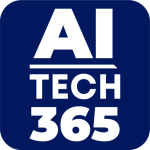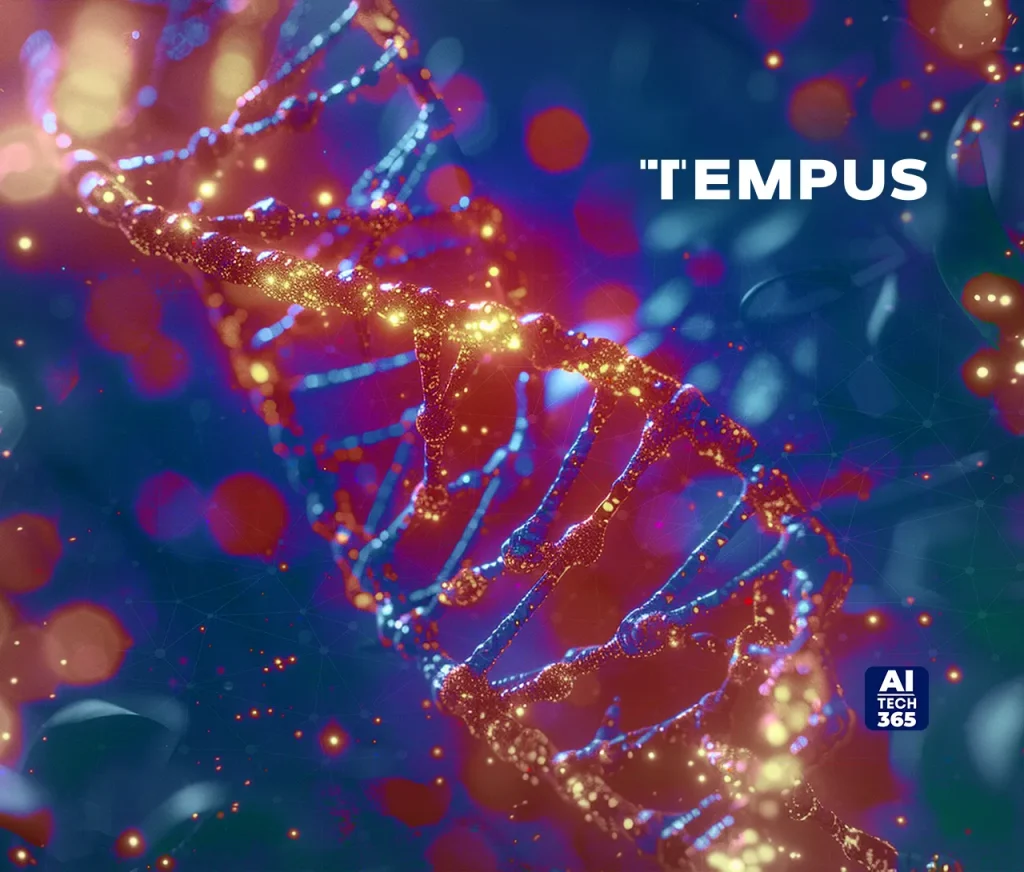Tempus AI, Inc., a leader in artificial intelligence and precision medicine, announced that the company’s PurIST algorithmic test has received a proprietary laboratory analysis (PLA) code from the American Medical Association (AMA). The new code will be effective on October 1, 2024. The PurISTSM PLA code is the first common procedural terminology (CPT) code created to describe an algorithm-only analysis from previously-sequenced, laboratory developed test (LDT), transcriptomic (RNA) data, representing a meaningful step towards reimbursement for AI-enabled algorithms.
The PurISTSM test is part of a growing number of algorithms that are based on RNA profiling. PurISTSM identifies the molecular subtype of patients with unresectable stage III or stage IV pancreatic ductal adenocarcinoma (PDAC). PurISTSM utilizes previously-sequenced RNA data to classify patients with PDAC into either a basal or classical subtype and may help inform first-line therapy management. The company recently completed a clinical validation study demonstrating that PurISTSM can be used at scale to stratify overall survival of classical patients between two, first-line therapies, FOLFIRINOX and gemcitabine nab-paclitaxel.
RNA-based assays continue to receive significant attention from the American Medical Association, which created new Category I CPT codes for RNA sequencing in solid tumors and hematolymphoid cancers. Category I CPT codes are reserved for procedures that are widely used in clinical practice and for which clinical efficacy is well documented in peer reviewed literature. The RNA-specific codes went into effect in January 2023.
In addition to the AMA’s establishment of new CPT codes, public and private payers are increasingly determining that RNA profiling is medically necessary and therefore a reimbursable covered service. For example, in Local Coverage Decision 37810, National Government Services, the Medicare Administrative Contractor for Tempus’ Chicago laboratory, listed the AMA’s new RNA code as a covered test. Similarly, in Medical Coverage Policy 0520, Cigna, one of the largest commercial payers in the U.S., with whom Tempus is an in-network provider, lists RNA profiling as medically necessary when certain coverage criteria are met.
“Tempus has been a leader in RNA profiling since its inception. We believe our RNA-based offerings are increasingly valuable as the burgeoning field of RNA-directed therapeutics is set to revolutionize cancer care and rare disease indications,” said Ezra Cohen, MD, Chief Medical Officer of Oncology at Tempus. “We anticipate that the first RNA-based therapies in oncology will be approved within the next few years. Additionally, RNA-sequencing is vital for the development of personalized treatments, such as neoantigen vaccines that require knowledge of transcriptome expression.”
Also Read: Iktos acquires Synsight, a life sciences technology company specializing in protein-protein and RNA-protein interactions-targeted drug discovery
RNA is a rich source of biological data, which provides information essential to furthering clinical care and therapeutic research. Specifically, whole-transcriptome RNA profiling enables researchers to uncover potentially clinically actionable data about a tumor. With the full picture of a cancer’s genetic makeup, information from RNA sequencing can help clinicians guide patient care, while also generating the necessary data to power therapeutic discovery for the future.
The Tempus RNA assay, xR, is a next generation sequencing in vitro diagnostic test that uses targeted high throughput hybridization-based capture technology for detection of oncologically-relevant gene rearrangements (or fusions) and altered splicing using RNA isolated from formalin-fixed paraffin embedded (FFPE) tissue specimens from previously diagnosed cancer patients with solid malignant neoplasms. The xR assay does not rely on targeted amplicon pools or probes for specific fusion breakpoints, granting flexibility to detect both novel fusions and emerging fusion targets with significant clinical benefits, such as:
- In a pan-cancer cohort of 570 patients, whole genome and transcriptome sequencing and analysis (WGTA) delivered significant additional clinical insights. Specifically, “RNA expression data were particularly informative, contributing to 67% of WGTA-informed treatments; 25% of treatments were informed by RNA expression alone. Of a total 248 WGTA-informed treatments, 46% resulted in clinical benefit.” (Laskin et al, Annals of Oncology, Vol 33, Issue 9, June 2022, 939-949);
- In a pan-cancer cohort that received both DNA- and RNA-seq, 29.1% of the identified fusions were identified only via RNA-seq (Michuda et al., Journal of Clinical Oncology, 40 (16_suppl), 2022; poster presented at ASCO 2022);
- In a cohort of NSCLC patients who received both DNA- and RNA-seq, RNA-seq increased the detection of ALK fusions by 18% (Iams et al., Annals of Oncology, 32 (2_suppl), 2023; poster presented at ESMO 2023); and
- In a pan-cancer cohort of 500 patients, RNA sequencing expanded the numbers of patients that can be matched to precision therapies. With DNA-seq alone, 29.6% of patients matched to precision therapies supported by high levels of evidence or by well-powered studies. This proportion increased to 43.4% with the addition of RNA-seq and immunotherapy biomarker results. (White et al., Nature Biotechnology, 37, pages 1351-1360 (2019).
PurISTSM is part of a growing suite of AI-enabled algorithmic tests offered by Tempus, including Homologous Recombination Deficiency (HRD), Tumor Origin (TO), dihydropyrimidine dehydrogenase (DPYD), and UGT1A1, which leverage the sequencing data generated by xT and xR to further improve the clinical utility of these tests. While Tempus offers these algorithms as part of its assays, the new PLA code for PurISTSM may enable separate reimbursement for the algorithm, which we believe can create a new paradigm for clinically-meaningful, AI-driven insights.
Source: Businesswire

